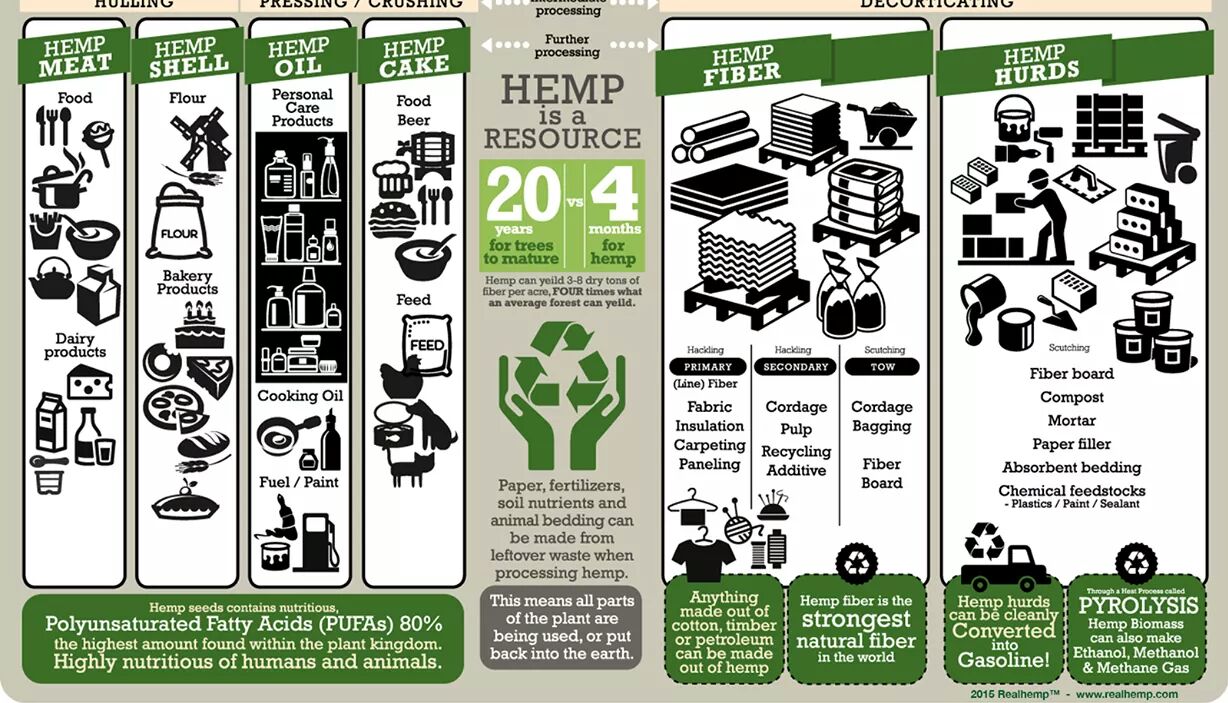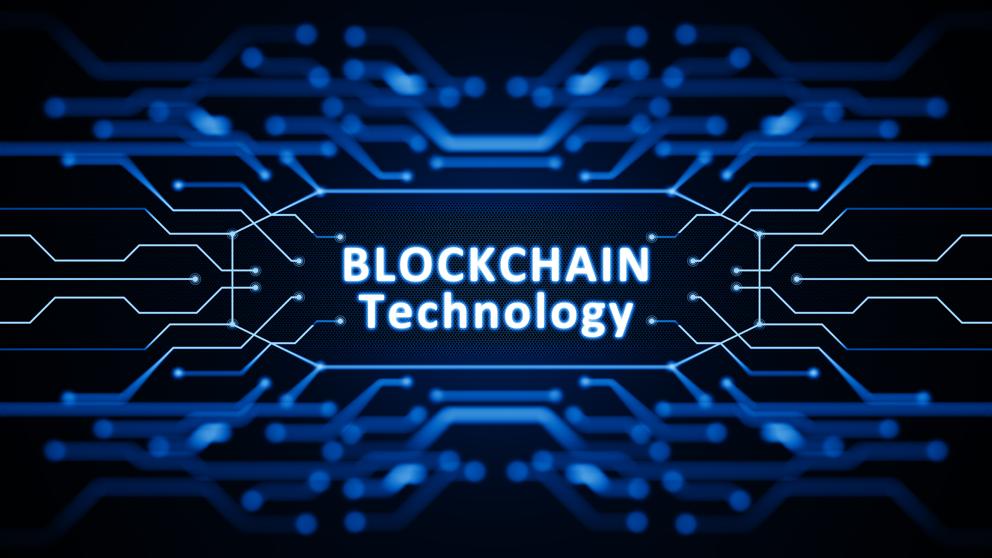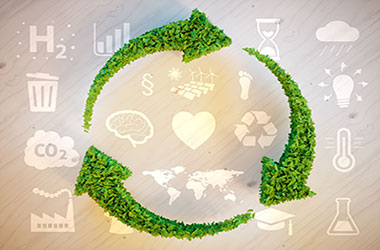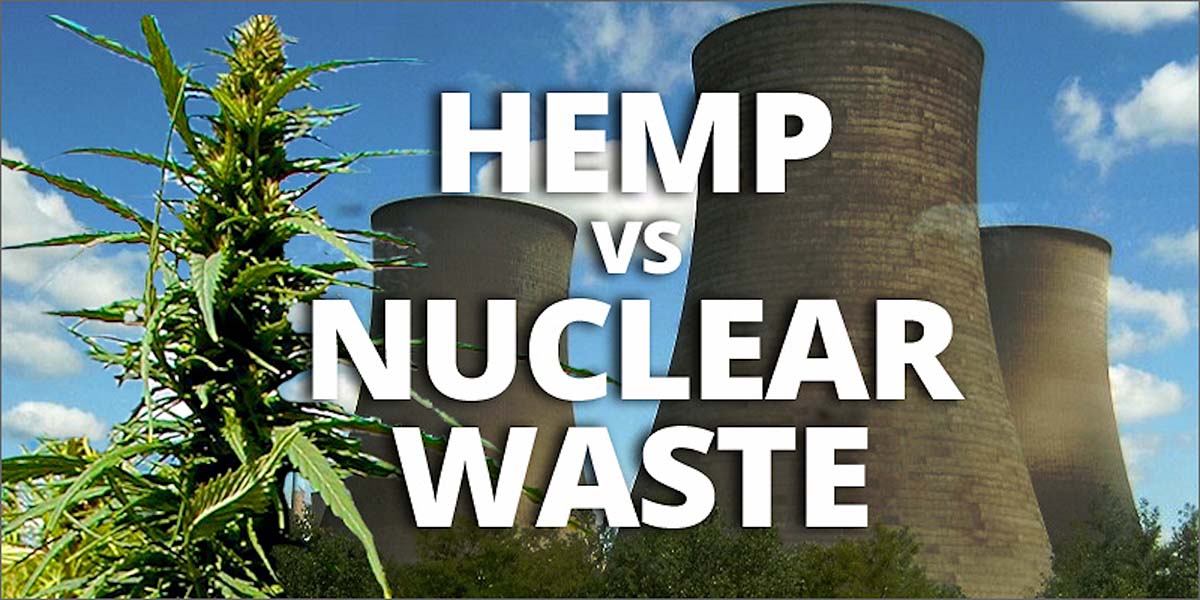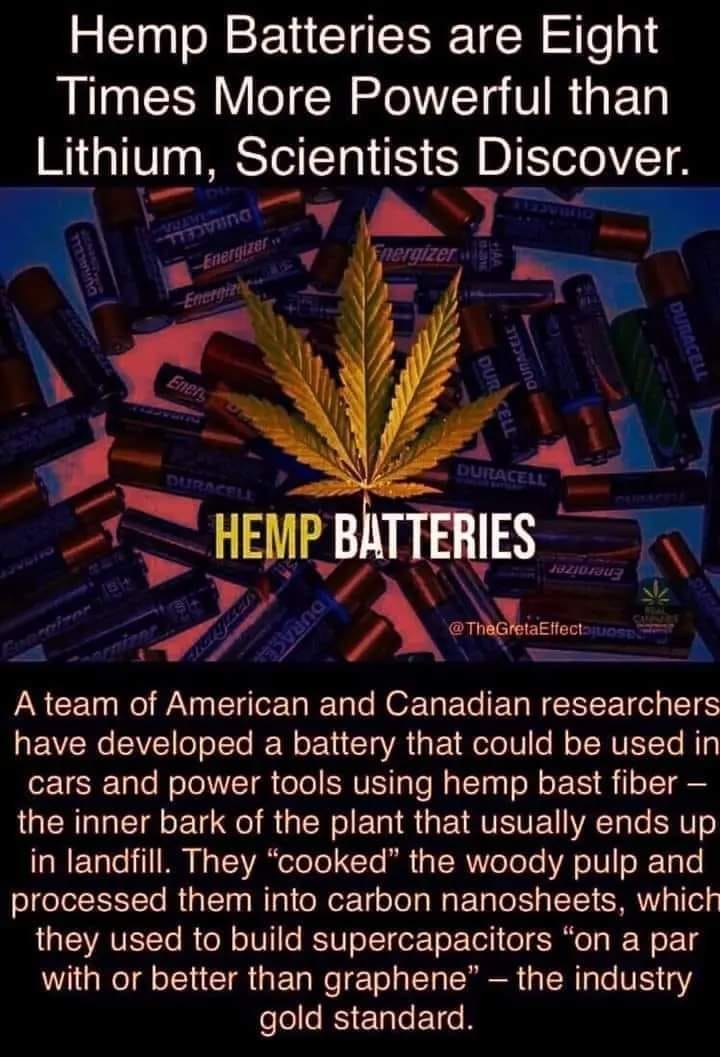
iHemp Washington
‘The center of all things hemp’
The need to develop super capacitors
With over 500,00 uses for the hemp plant claimed it may come as no surprise that none of the plant need go to waste. Researchers are using so called waste fibres and fines from the decortication of the stem to create lower-cost energy storage.
Alternet Systems, a company dedicated to energy storage and EV tech, has purchased land in New York to grow and process hemp as a component in supercapacitors, a form of energy storage that can be charged much faster than lithium-ion or any other type of battery.
Using hemp for energy storage
In February 2019, Alternet Systems hired David Mitlin, a professor at New York’s Clarkson University who has been researching hemp for energy storage for years. Mitlin’s research uses hemp bast, the bark of the hemp plant and a waste product during hemp production, as a replacement for graphene, a much more expensive material, in supercapacitors.
Because of its strength and light weight, manufacturers use graphene, a material composed of an atom-thick layer of carbon, to create nanosheets for capacitor electrodes.
However, it’s quite expensive. The hemp bast Mitlin uses is much cheaper than graphene and, on top of that, Mitlin says their hemp supercapacitors have been able to store 12 watt-hours of energy per kilogram – over 2x as high as conventional supercapacitors.
By heating the hemp bast for 24 hours at 350 F, then adding even more heat afterwards, Mitlin found they can turn the bast into carbon nanosheets, just like the conventional graphene nanosheets.
In a 2014 interview with American Chemical Society, Mitlin noted: “We’re past the proof-of-principle stage for the fully functional supercapacitor,” he says. “Now we’re gearing up for small-scale manufacturing.”
Elon Musk, always the visionary, predicted that supercapacitors, not hydrogen, would be the breakthrough for electric vehicles.
“Ultracapacitors charge and discharge in seconds, have a lifetime of up to 500 times that of lithium-ion batteries, and are highly reliable.”
Supercapacitors charge quickly, but can’t store much energy
Like lithium-ion batteries, supercapacitors are able to store electricity, though each has its own unique benefits and drawbacks that limit their applications.
Li-ion batteries enjoy fantastic energy density, meaning they’re able to hold large amounts of electricity at one time – about 100 to 200 watt-hours per kilogram. They’re also relatively inexpensive, making lithium a good complement for renewable energy systems.
However, lithium-ion batteries aren’t perfect. They take a long time to recharge. They suffer from a limited lifespan due to the wearing down of internal components. And while they can store lots of electricity, they can’t provide a lot of power in a single instant.
Supercapacitors, on the other hand, can charge in seconds and provide huge amounts of power instantaneously. They enjoy almost limitless lifecycle, as there are no internal components that break down, and they can charge and discharge in much wider range of temperatures.
However, supercapacitors have been left on the sideline due to extremely high cost and low energy density. While lithium-ion batteries can hold 100 to 200 watt-hours of electricity per kilogram, supercapacitors can only hold about 5 watt-hours per kg.
This makes supercapacitors worthless as energy storage for renewable systems, as they can’t hold enough energy to really be useful. However, in situations where short bursts of high energy are needed, supercapacitors are the perfect fit. For example, supercapacitors in hybrid buses equipped with regenerative braking are able to quickly harness that energy produced during braking, then immediately release it seconds later to help the hybrid bus accelerate.
Like in the hybrid buses above, supercapacitors work best when paired with a primary energy source, like a gas-fueled engine or batteries. The engine or battery provides the consistent power, and the supercapacitor provides short bursts of high power when needed.
Are supercapacitors the next step in energy storage?
If we were able to increase the energy density of supercapacitors -and decrease the cost-so they were on par with lithium-ion batteries, they could change the face of electric industry. We’d have extremely flexible energy storage with near-endless lifespan. Talk about cost-effectiveness!
Obviously, the allure is enough to peak serious investment in the technology. Energy storage and EV tech companies and researchers are actively trying to solve these supercapacitor issues. Alternet Systems is hoping Mitlin can help bring down the cost (and increase the energy density) of supercapacitors by replacing the expensive graphene with low-cost hemp bast fibre.
Link: Hemp – batteries

